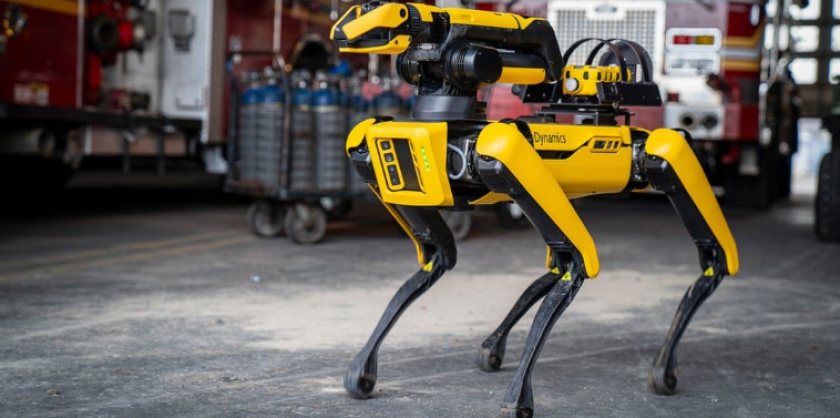Biz Data
-
A Government Technology tracker of the evolving landscape of state government efficiency initiatives, distinguishing between those directly inspired by federal DOGE directives and independent programs.
-
Minnesota wants widespread roadside drug testing, but pilot data reveals key limitations and practicality concerns agencies must consider. Government Technology broke down the data within "spit" test discrepancies.
-
Salesforce's survey reveals a public eager for AI-driven government efficiency, with potential to reclaim hours spent on bureaucracy. It also shows a demographic divide, signaling the need for tailored implementation.
More Stories
-
In the annual Digital Cities Survey, top performers are prioritizing cybersecurity and customer experience, as well as harnessing AI. The following takeaways offer a snapshot view.
-
Government Technology mapped the current landscape of chief data officers at the state level to reveal where data leadership has been established and where it lags. Just more than half of states have a CDO.
-
Minnesota adopted new cyber tools and mandated that all public agencies must report incidents within 24-72 hours. Early data reveals a staggering 1,500 percent surge in reported malware incidents compared to last year.
-
Following an internal survey that exposed a significant lack of artificial intelligence policy awareness, Indianapolis and Marion County are providing AI training through a partnership with InnovateUS.
-
The state has rolled out access to real-time aerial surveillance technology to all Ohio law enforcement agencies. The technology includes live video feeds and infrared capabilities, and could transform suspect searches.
-
States are increasingly banning DeepSeek AI on government devices, citing cybersecurity and data privacy concerns. Some cybersecurity experts question if the state bans will do enough to protect American data.
-
Caught in data turbulence, local and state government must adapt to changes in federal transparency — or face data bias. A new landscape raises questions about the future of open data and evidence-based policymaking.
-
A global survey of law enforcement reveals the top tech tools, from those empowering criminals to those aiding law enforcement. The North American data reveals unique challenges and priorities.
-
Watch Duty’s success raises questions about why citizen-led tech is outpacing government emergency response efforts. The company’s co-founder explores the lessons agencies can learn from this citizen-driven model.
-
Minnesota’s governor wants to crack down on Medicaid fraud with the help of artificial intelligence. The idea comes at a time when much of the country is struggling to convict and recover money from Medicaid scammers.
-
Missouri is joining other states tackling income verification for the gig economy, investing in new tech backed by basketball legend Shaquille O’Neal to reduce caseworker processing times and get faster assistance to those in need.
-
More than 350,000 Ohio mobile driver's licenses have been added to Apple Wallets in the state. Lt. Gov. Jon Husted spoke with Government Technology about the state’s next steps in the new age of digital identity.
-
Drone technology is rapidly transforming government operations, but agencies face a complex web of challenges from navigating new regulations and security threats to harnessing AI and counter-drone technology.
-
In the biannual Digital States Survey, top performers are prioritizing cybersecurity and constituent services, as well as harnessing AI. The following takeaways offer a snapshot view.
-
A Government Technology data analysis of the Chula Vista, Calif., police department’s six-year groundbreaking drone-as-first-responder program reveals impacts on response times, officer safety and citizen privacy.
-
One Kentucky city is proving that generative AI projects are within reach for even small municipalities. At a cost of less than $200, Covington has launched a quirky LLM-powered chatbot to boost economic development.
-
As Michigan invests in thermal cameras to reduce bus collisions, a Government Technology analysis reveals the extent to which low light and adverse weather may contribute to these incidents.
-
New York City is using automated data feeds and streamlined processes to improve transparency. The innovative approach offers lessons for other governments seeking to avoid costly legal battles and promote public trust.





























